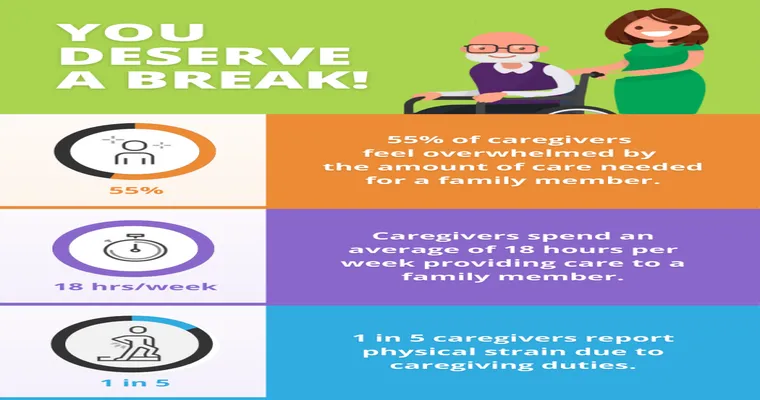Transition trauma can be a significant emotional and psychological challenge for individuals navigating major life changes. Whether it is moving to a new city, starting a new job, or experiencing a significant loss, the "stress" and "anxiety" associated with these transitions can lead to feelings of overwhelm and uncertainty. Here, we offer practical advice to help you manage and mitigate the effects of transition trauma, fostering resilience and emotional well-being.
First and foremost, it is essential to acknowledge your feelings. Transition trauma often brings about a mix of emotions, including sadness, fear, and confusion. Allowing yourself to "feel these emotions" is a critical step in the healing process. Journaling can be a useful tool; writing down your thoughts and feelings can provide clarity and help you process your experiences.
Another effective strategy to cope with transition trauma is to establish a "support system". Friends, family, and mental health professionals can offer invaluable support during difficult times. Sharing your experiences with others can provide perspective and reduce feelings of isolation. Consider seeking out support groups or community organizations that focus on helping individuals navigate life changes.
Practicing "mindfulness" and relaxation techniques can also be beneficial. Activities such as meditation, deep breathing exercises, and yoga can help calm your mind and reduce anxiety. By focusing on the present moment, you can alleviate some of the worries associated with future uncertainties.
It is also important to create a routine that promotes a sense of stability. Daily routines can serve as anchors during turbulent times, providing a sense of normalcy. Incorporate activities that bring you joy and fulfillment, whether it be exercising, cooking, or engaging in hobbies. This can help shift your focus away from stressors and foster a positive mindset.
Setting realistic goals can empower you during periods of transition. Break down larger tasks into smaller, manageable steps, and celebrate your achievements along the way. This approach can foster a sense of accomplishment and motivate you to continue progressing through your transition.
Lastly, do not hesitate to seek professional help if your feelings of transition trauma become overwhelming. Therapists and counselors can provide guidance and support tailored to your specific needs. They can offer coping strategies and tools to help you navigate your feelings effectively.
In conclusion, transition trauma can be challenging, but with the right tools and support, it is possible to navigate these changes successfully. By acknowledging your feelings, building a support system, practicing mindfulness, establishing routines, setting goals, and seeking professional help, you can manage the emotional impact of transitions. Remember, it is okay to seek help and take the time you need to adjust to new circumstances. Embrace the journey of change, and allow yourself the grace to heal and grow.





